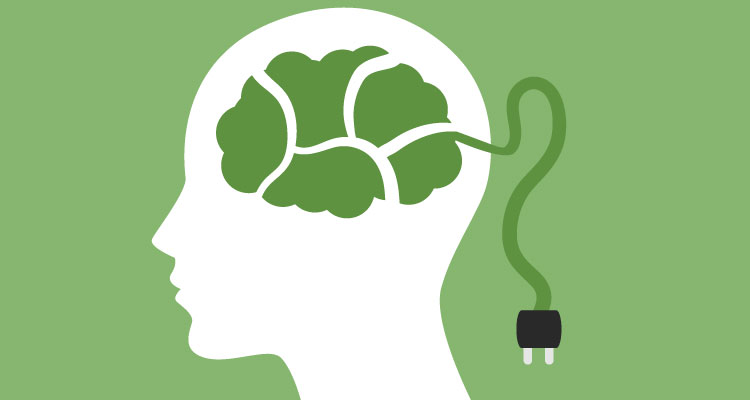Distractions and interruptions have become a part of life. Even though you may minimize them with conscious effort, eradicating them completely is next to impossible in the 21st century. However what is happening as a result of this is our ability to focus and be as productive as we would like to be is decreasing, along with it our attention span is decreasing too. We are forgetting more easily than before and are more scattered than before as well. This not only affects our daily lives but us in general.

So, here are a few ways in which we can literally hack our brains! Yes, you read that right.
Ways to remember better:
1. Use a pen and a paper, write it down if you want to remember it:
When we write down information, this act engages the memorization circuitry of the brain. According to a study done at Indiana University in 2008, preschoolers who were only shown alphabets visually retained the information lesser than those who were made to write it down.
So next time you really want to memorize something, do so by writing it down repeatedly.

2. Priming:
Priming is an extremely effective yet simple way of rewiring your brain. All it takes is to talk to yourself in a positive language and repeat the things you want to remember or want to include in your habits. Often termed as a neuro-linguistic programming method, affirming oneself by saying out things out loud works wonders. Always. So, talking to your self is not that bad an idea after all!

3. Sleep for 12 hours, if you want a long-term retention of information:
A research done by the Harvard University shows that studying up till the exam hour without taking rest or sleeping for at least 12 hours before it makes us more likely to forget. Why so? Simply because it is when we are sleeping that our brain consolidates all that we learn. This particular function is performed only when we are asleep. Hence no matter how hard you try, if you want to really retain something give yourself 12 hours of good sleep!

4. Find your way of learning:
We are all different, rather let us say we are all unique. So it is quite obvious that we not only do things differently but also learn differently. Hence identifying which way you learn the fastest can ensure better use of time and resources, leading to a better learning and retaining experience.
Tej Tadi, the CEO of MindMaze says, “Everyone learns and communicates differently and each learning style uses different parts of the brain. For example, auditory learners use hearing to process information while visual learners rely on seeing to learn. If you want to get the most from a learning experience, find a strategy that offers more than the sum of single stimulation. The best bet is to find multimodal learning strategies.”
So, go on and ponder, what is that way by which you learn faster?

Ways of Living better:
Laugh more. De-stress more.
A study shows that laughter is powerful. Stress hormones automatically drop along with regulating blood pressure, laughing also increases the levels of endorphins in the body and brain. The latter is a natural physiological response to the physical action of laughing. It is in actuality a hack that alters the chemical state in our bodies, hence rewiring our brains!

Meditate:
Recent research indicates that meditating for just a few minutes a day, spending just one hour a week in nature, or jotting down a few reflective notes in the evening has a noticeable impact on well-being,” said Ed Batista, in an article of Harvard Business Review.
Scientists have found concrete evidence that meditating not only strengthens our focusing abilities but also helps in developing cognitive abilities, contributing vastly to an elevated lifestyle and productivity. The one common most thing amongst all successful icons in the world is their devotion to meditation. So, no matter how busy you are, take out 5 to 1minutes every day and silently watch your life transform as your brain is hacked!

The 6 points we discussed are a comprehensive start-up guide to increasing your attention and retention powers. The locus of control of what we do with ourselves is with us and not the external world. So even i
If they distract us, we can always fight back by adapting; even if they throw problems at us, we can always find the solutions; even if they try to bring down our standard of well-being, we can always prove they cannot.





